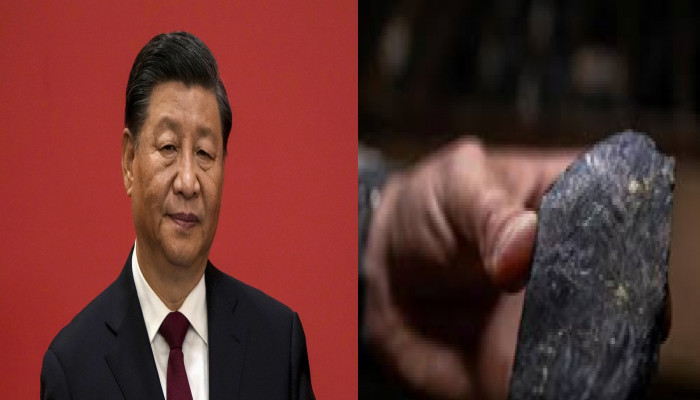China plans to stockpile Cobalt, Copper to boost state metal reserves
- In Reports
- 12:07 PM, Mar 21, 2025
- Myind Staff
China mulls to increase its stockpile of important industrial metals this year. This move aims to strengthen the supply of critical minerals, especially as demand for clean energy grows and global political tensions rise.
People acquainted with the matter said the government plans to buy metals like cobalt, copper, nickel, and lithium. The sources requested anonymity since the discussion was not public. According to the sources, the National Food and Strategic Reserves Administration, which oversees the nation's official commodity reserves, has inquired about prices and sought to place a bid for a few of these metals. China's top planning body, the National Development & Reform Commission, had hinted at the plan earlier this month in its report for the annual parliament that the nation would "move faster to fulfil the yearly task of stockpiling strategic goods." The commission's purview includes stockpiles. China’s National Development and Reform Commission (NDRC) did not respond to a faxed request for comment.
The country’s state stockpiling agency, formerly called the State Reserve Bureau, manages a wide range of essential resources, including crude oil, pork, and copper. Due to the large scale of its purchases, its decisions can significantly impact market prices. In recent years, the agency has been increasing its metal reserves, including cobalt, and replacing older copper stocks with newer ones as part of its inventory rotation. China's key objective is to ensure enough supplies during critical times. However, its stockpiles also help maintain a steady supply and stabilise prices. While the government sometimes shares plans about stockpiling, details like when and how much are usually kept secret.
The NDRC annual report mentioned plans to expand storage facilities for essential goods like grain, cotton, sugar, meat, and fertilisers. It also plans to develop national oil reserves and general storage warehouses while improving how these reserves are managed and used efficiently. China has been expanding its network of commodity suppliers to reduce risks. However, it now faces challenges due to global trade disruptions caused by tariffs imposed by former US President Donald Trump. These tariffs have led to market instability, pushing up the prices of some metals. This week, copper prices on the London Metal Exchange surged past $10,000 per ton, reaching their highest level since October. Meanwhile, copper prices on New York’s Comex market are approaching a record high. Last month, Trump instructed the US Commerce Department to investigate copper imports, possibly as a step toward imposing tariffs. Since then, prices have shot up, and traders have rushed to send copper to the US. This has resulted in a supply shortage in other parts of the world.
At 11:27 a.m. Shanghai time, copper prices on the London Metal Exchange (LME) dropped by 0.24% to $9,913 per ton, while Comex copper fell by 0.22%. Nickel prices in London also saw a slight decline. Meanwhile, cobalt, a key material for batteries, has surged in price this month. This comes after the Democratic Republic of Congo, the world's largest cobalt producer, imposed an export ban. In recent years, cobalt prices had fallen sharply due to increased global production.







Comments